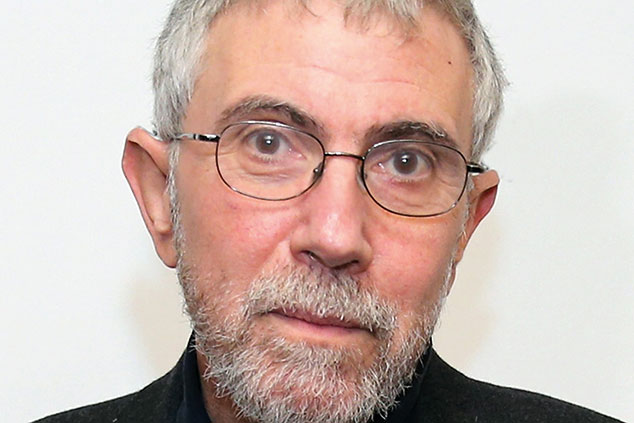
Paul Krugman has joined a growing chorus of experts, from economist Carmen Reinhart to fund manager Mark Mobius, in warning of potential pain for emerging markets, notes Bloomberg. Krugman claims the current episode is similar to the Asian financial crisis in the late 1990s, when the stockmarkets of developing nations (as a group) plunged by as much as 59%, and governments were forced to raise interest rates significantly. “It’s become at least possible to envision a classic 1997-1998-style self-reinforcing crisis: emerging-market currency falls, causing corporate debt to blow up, causing stress on the economy, causing [a] further fall in the currency”, the Nobel-prize winning economist wrote on Twitter.
In fact, a dozen emerging-market currencies have fallen by more since February than they did during the taper tantrum in 2013, when US Treasury yields surged after the Federal Reserve reduced the amount of money it was pumping into the economy. “Are we seeing the start of another global financial crisis? Probably not – but I’ve been saying that there was no hint of such a crisis on the horizon, and I can’t say that anymore,” Krugman continued. “Something slightly scary this way comes.”
The actions of leaders in nations such as Turkey will play a vital role in determining how bad things get, Krugman writes in The New York Times. The omens aren’t good. Turkey’s president, Recep Tayyip Erdogan, has managed to get away with “obvious corruption by politicising law”, and there’s a warning there for the US – Donald Trump would clearly like to do the same. Does it matter? As long as the economy isn’t being hit by major shocks, then no, it doesn’t. In the good times, “political posturing hardly matters”, says Krugman. However, when big shocks hit, “the quality of leadership suddenly matters a lot”. That “is what we’re seeing in Turkey now” and the US shouldn’t get complacent.